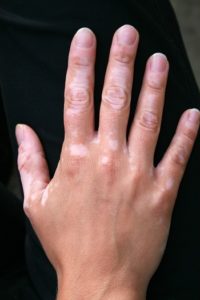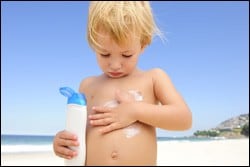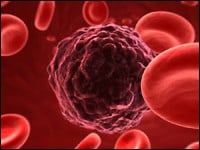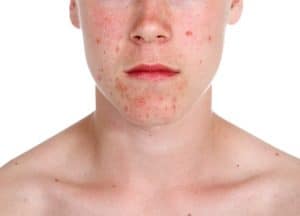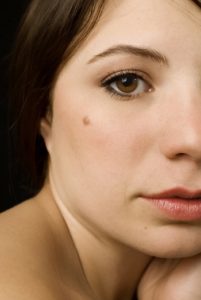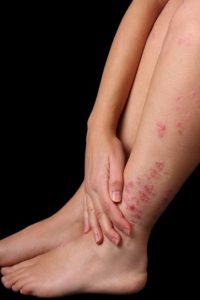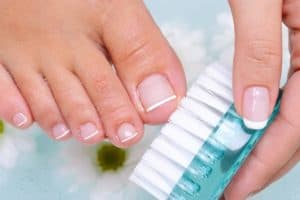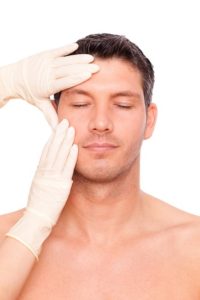Skin cancer is the most common of all cancers. More than two million people in the U.S. are afflicted by skin cancer each year, and that number is only rising. Melanoma is the most serious form of skin cancer, accounting for approximately 75 percent of skin cancer deaths. This is why skin cancer detection is important.
Skin cancer can be deadly, but it is also very curable when detected early. Along with proper prevention and sun protection, you should examine your body regularly to check for any suspicious spots or changes as they develop.
When You Spot It You Can Stop It
Early detection of skin cancer can save your life. Self-examine your skin regularly, at least once a month, to look for unusual skin changes. Visiting your dermatologist routinely is also helpful, as they can do a full-body exam to make sure existing spots are normal. Regular self-exams should become a habit. It only takes a few minutes, and this small investment could save your life.
Warning Signs: What to Look For
By regularly examining your body, you can detect skin cancer in its earliest stages. Notify your dermatologist immediately if you identify any of the following symptoms:
- A skin growth that appears pearly, translucent, tan, brown, black or multicolored
- A mole, birthmark or any spot that: changes color, increases in size or thickness, changes in texture or is irregular in outline
- A spot or sore that continues to itch, hurt, scab, crust or bleed
- An open sore that does not heal within a few weeks
- A change in sensation, such as itchiness, tenderness or pain
A suspicious spot may be nothing, but it's better to be safe than sorry. Always consult your dermatologist or physician if you notice any changes in your skin that seem abnormal.
ABCD’s of Skin Cancer Detection
As a good reminder, follow the ABCD rule as a guide for detecting. Any of the below symptoms warrant a call to your dermatologist.
- Asymmetry: One half of a mole or spot doesn’t match the other half.
- Border: The edges of a mole are irregular or blurred.
- Color: The mole’s color or pigmentation is not uniform and/or has shades of brown, black, white, red or blue.
- Diameter: The spot or mole is larger than ¼ inch or 6 mm, approximately the size of a pencil eraser.
It can be life-threatening, but it is also very preventable and treatable. Start taking care of your skin now by recognizing the early signs of skin cancer and protecting your skin from the sun.




